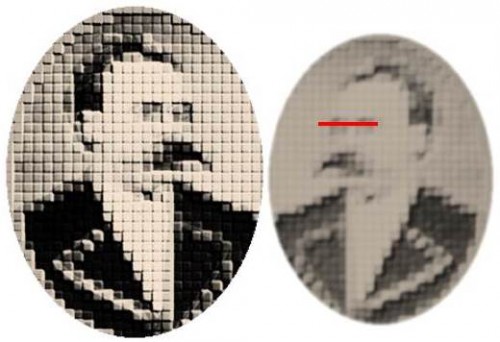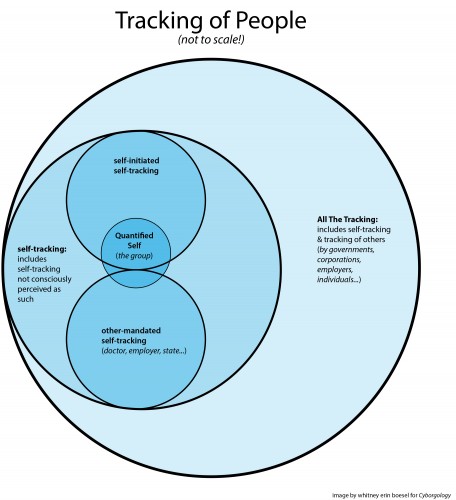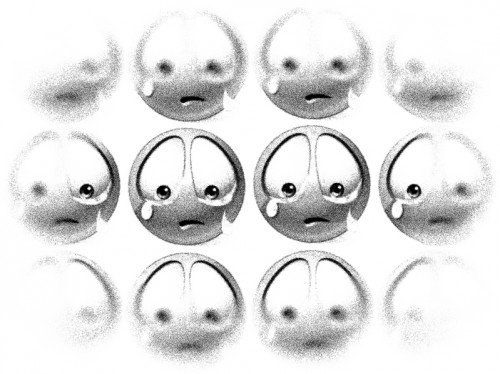If you take off your glasses and cross your eyes, my resemblance to Nathan is truly uncanny.
“DIS Images invites artists to create alternative scenarios and new stereotypes”
“Games are therefore a fantastic example of ways in which digital technology is profoundlyembodied and usually designed with the able-bodied default in mind“
“Now there’s an app that allows you to share the things you Hate” more...






